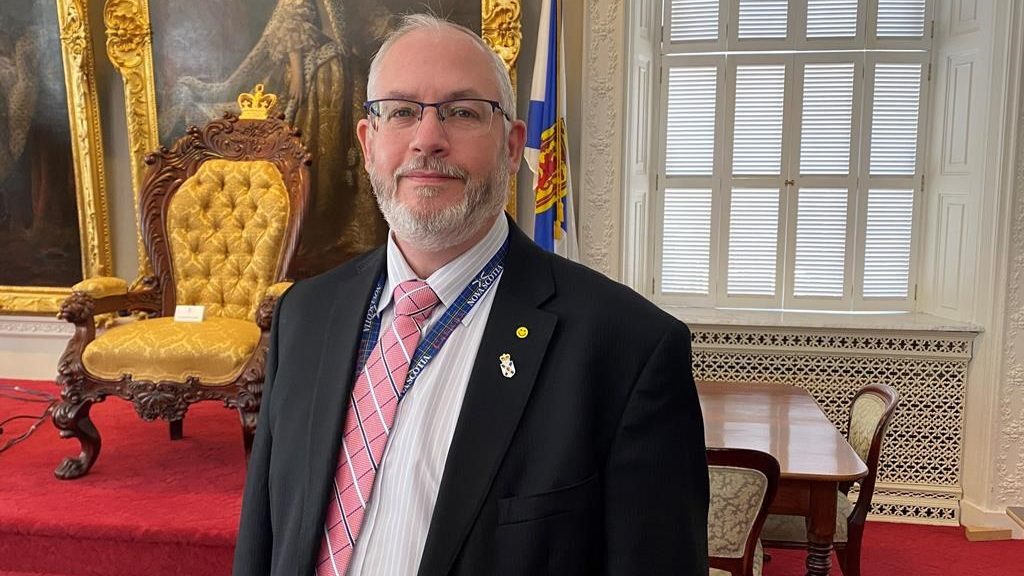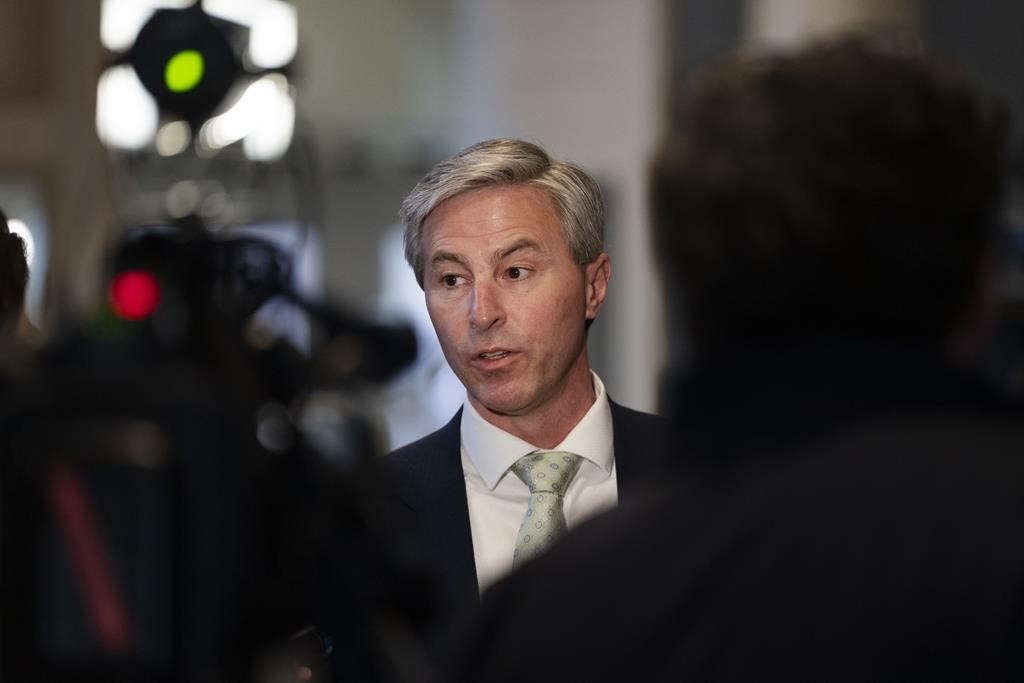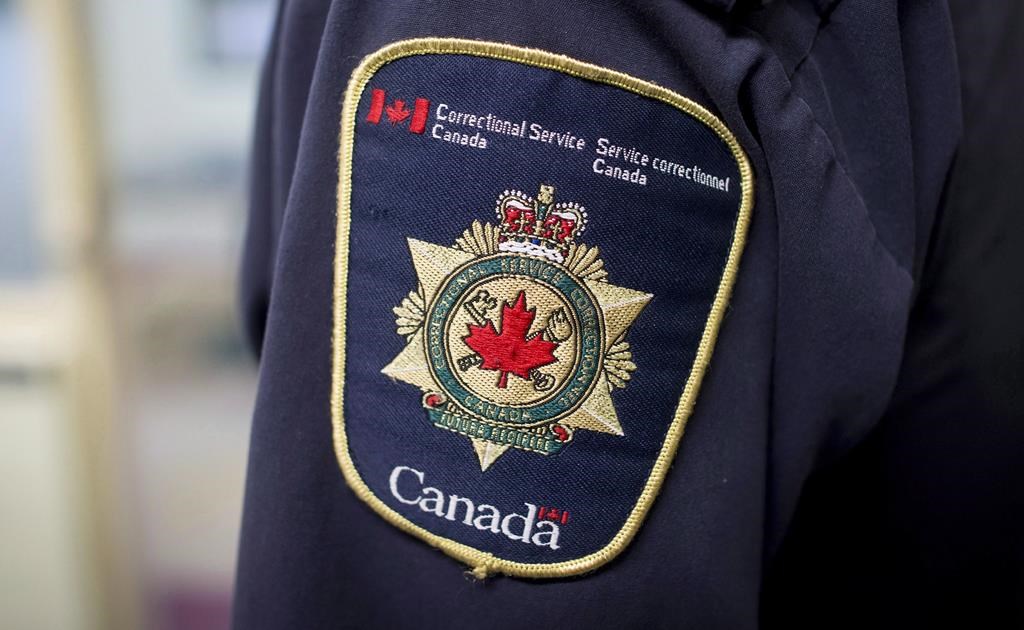Group pitches plan to legalize drugs to N.S. police
Posted Feb 13, 2013 06:24:30 AM.
This article is more than 5 years old.
The discussion about legalizing, or at the very least decriminalizing pot, is heating up again.
David Bratzer, the president of Law Enforcement Against Prohibition (LEAP), spoke to Halifax Regional Police and RCMP managers Tuesday.
LEAP wants all drugs to be legal but like most things, the group is willing to work towards that incrementally, starting with marijuana.
Halifax Police Chief Jean-Michelle Blais was at yesterday’s meeting and tells News 95.7 the presentation was very rational in its approach.
“It was based on statistics and based on facts, and not something that’s based on just an individual, personal preference,” he said.
There have been some high-profile pot busts in the region lately that take a lot of police resources to execute, but at the same time the argument has been made that police will walk by someone smoking a joint on the street, sending a mixed message.
Legalizing or decriminalizing pot is already happening in cities south of the border, but Blais says HRP’s loyalties lie with the law.
“That rule of law is determined by those legislators at the Federal government in Ottawa,” he said. “At this point we don’t see any immediate change in the status of drug laws, until such time, we’ll be applying the laws as they are.”
Blais said as such, if you go against the law you will face the consequences.
“But there’s also the fact that discretion is a good part of policing,” he explained. “There’s nothing in the criminal code at 495 that says that police officers must arrest individuals, they may arrest individuals and this is where that discretion is being used.”
He said now is a good time to talk about legalizing pot, pointing out that some of the Liberal leadership hopefuls are also talking about legalizing and taxing marijuana.
Blais adds listening to LEAP’s presentation was good because it will force police to question what they’ve done in the past.
“It gets the senior police managers to start looking at different approaches and be able to understand how other views and other opinions affect policy,” he explained.
While neither happened overnight, Blais points to legalizing abortions and making seatbelts mandatory as examples of how laws can be changed by public opinion.










